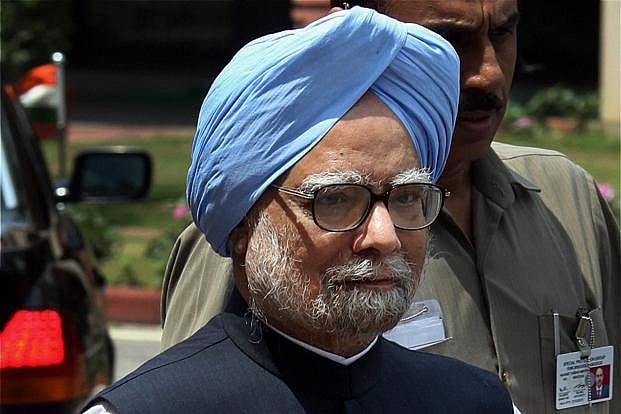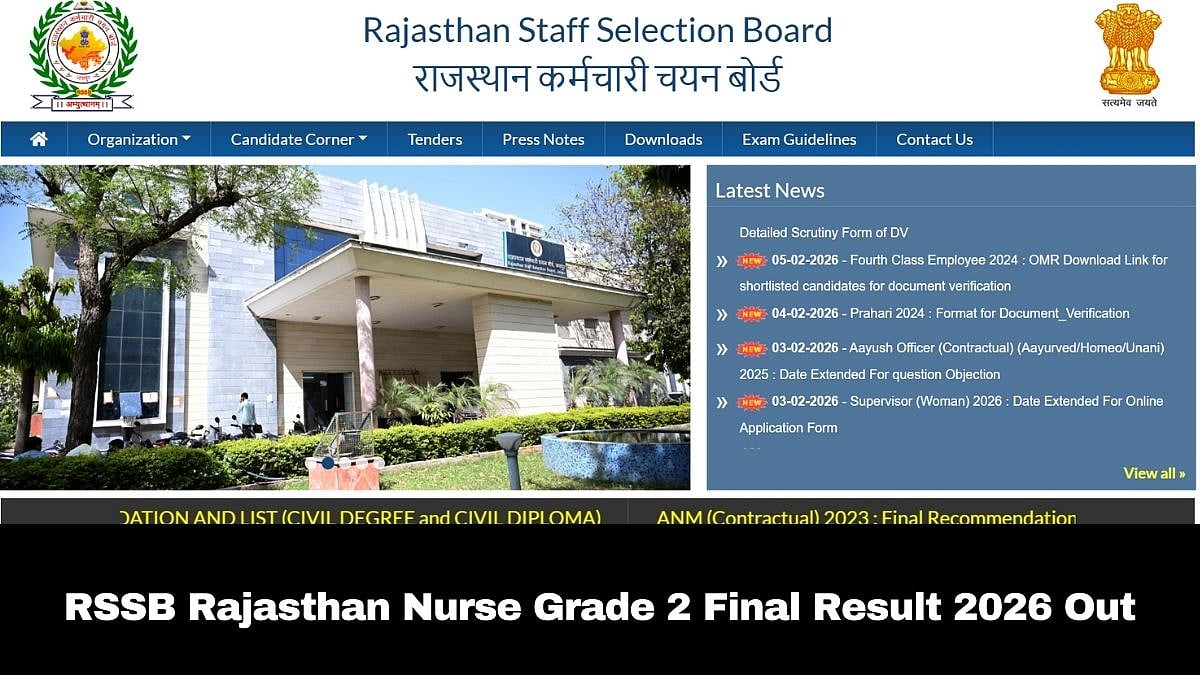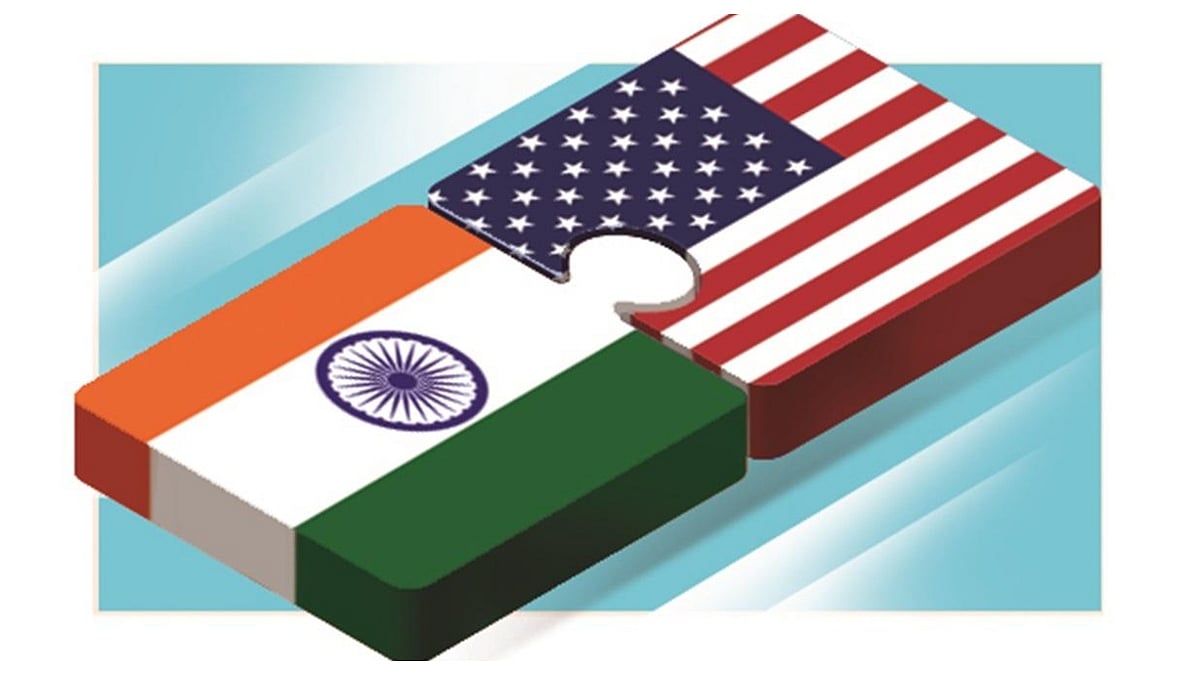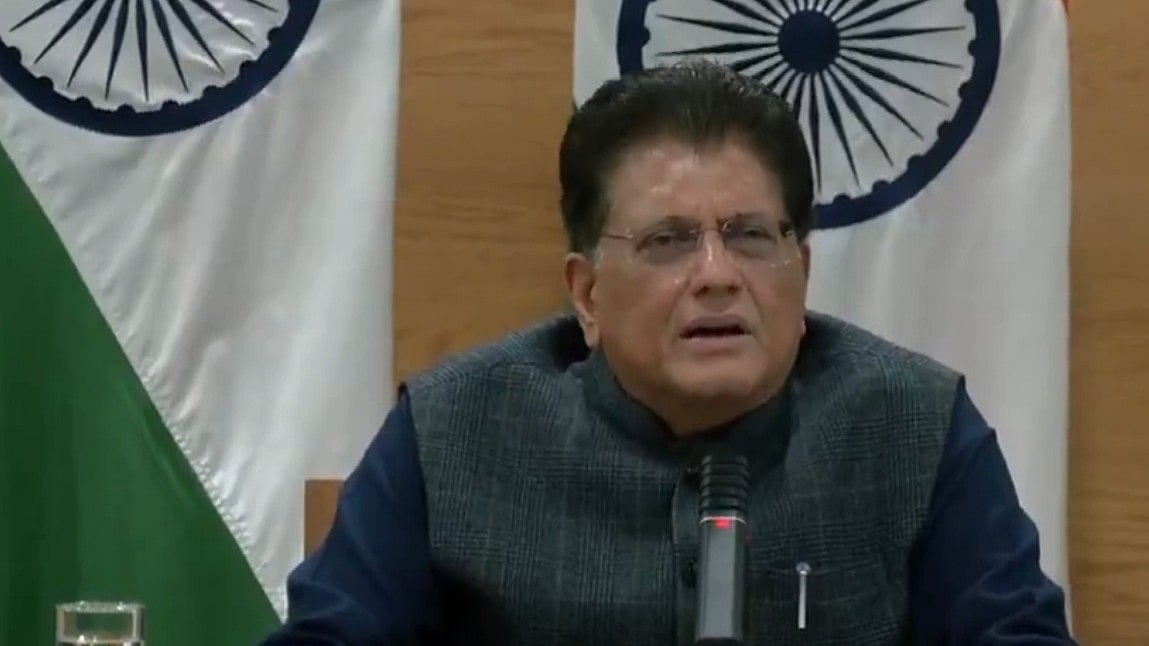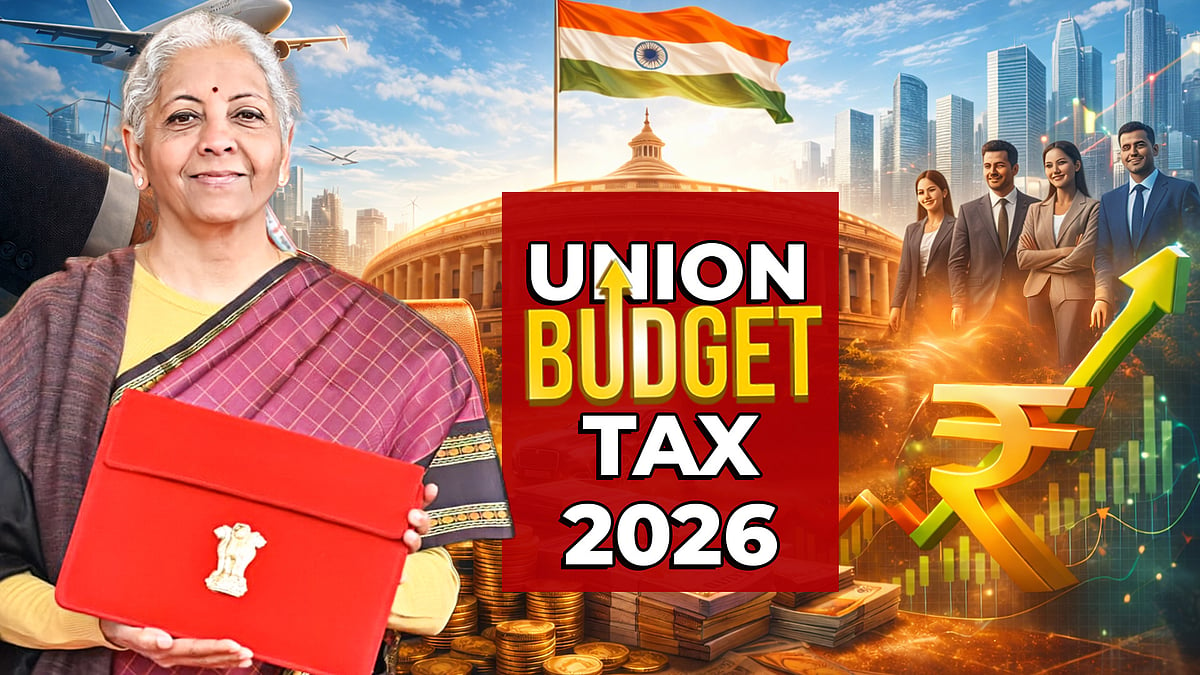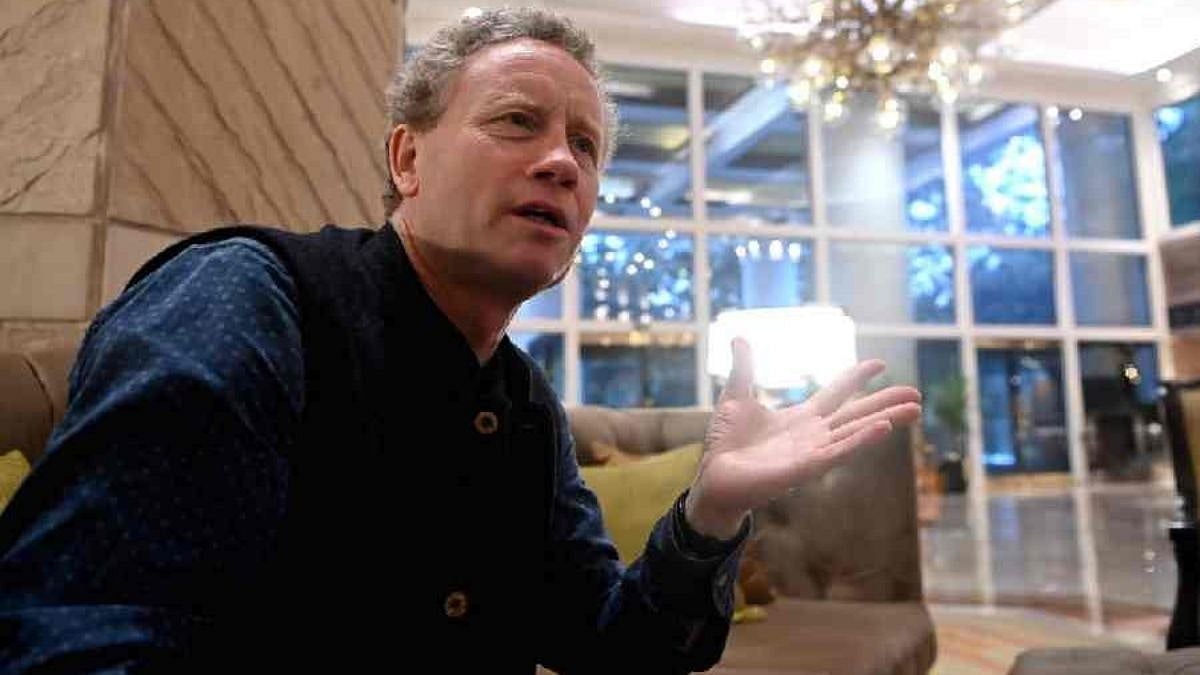So, there you have it on the authority of none other than the former Cabinet Secretary, K M Chandrashekhar. Deposing before the joint parliamentary committee investigating the 2-G scam on Thursday, he claimed that Manmohan Singh ignored his recommendation that an entry fee of Rs 36,000 crores be charged for spectrum from new players.

Instead, the PM went along with the then Telecom Minister A Raja who insisted on charging but only Rs 1,651 crores for each pan-India cellular phone license. Chandrashekhar went on to say that he sent a note to the PM at the latter’s bidding. And that his note was submitted to the PM a good five weeks before Raja actually gave out licences to hand-picked parties. The former cabinet secretary, on being questioned by JPC members, also revealed that his figure of Rs. 36,000 crores was based on a certain rationale; the 2001 prices, as Raja had insisted, were no longer valid. In 2008, tele-density had improved and there was a huge demand for new licenses since the size of the market had grown enormously during the intervening seven years. Curiously, the PM himself in his letter to Raja in early November 2007 had asked him to take the auction route, or, failing which, at least increase the fee for the pan-India license. Thus, Chandrashekhar and the PM were agreed that the 2001 fee for giving out 2-G licenses was way below the requisite prices in 2008. It is, therefore, right to ask why the PM did not act on his own letter to Raja and, why he ignored the cogently argued case for higher fees by the then cabinet secretary. Notably, the then Finance Secretary D Subbarao too had written to the Department of Telecom asking it to desist from allocating spectrum at the 2001 rates. But the key question after Chandrashekhar’s testimony before the 2-G JPC is as to why the PM ignored his note seeking a much higher fee for new telecom licenses. It is a question for Singh to answer, but because he is committed to hide the real truth one can only speculate on his real reason for forgoing a huge amount of revenue. In one word, the PM feared rocking the boat as it were. He did not want to do anything that even remotely jeopardized the continuance of his government.
In other words, PM allowed his life-long careerist instincts to override the national interest. Had he heeded his own first instincts, had he heeded his own cabinet secretary, had he gone through the note of Subba Rao, he would have netted the national exchequer a lot of money – and saved his government a huge scandal. The disclosure by Chandrashekhar shows Singh in very poor light. Being financially clean personally, while not being fully solicitous of the national interest for prolonging one’s own stint in the prime ministerial “gaddi” does not redound to his credit. We know it sounds harsh on the soft-spoken Singh, but if you look at his track record he has always taken the path of least resistance in the interest of his own career. Truly, if he had taken a stand, the country could have been spared the humongous 2-G and a series of other scams that had followed in its wake.
